Saturday 17 February 2018, PM
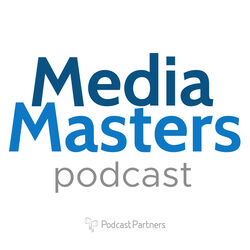
Media Masters - Martin Fewell
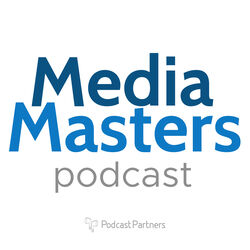
Roundtable: The future of print
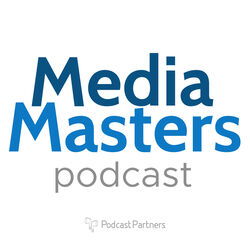
Media Masters - David Sillito
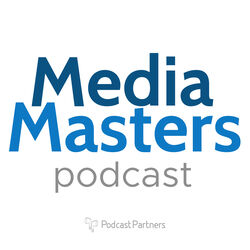
Media Masters - Rob Burley
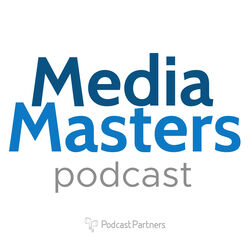
Backing the BBC, funding investigative journalism, injunctions in parliament
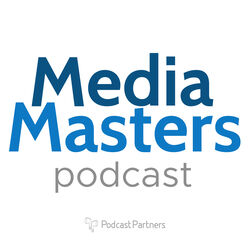
Media Masters - Luke Lewis, BuzzFeed UK

New Culture Secretary, the ‘black spider’ letters, Facebook Instant Articles

Media Masters - Pat Kane
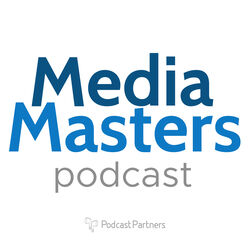
Smart watches, CNN's Nepal coverage, and Google's 'bribe'
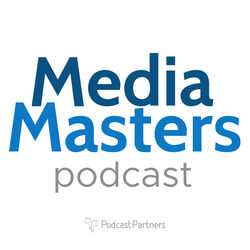
Elveden reporters cleared, advertisers editorial influence, media election fever
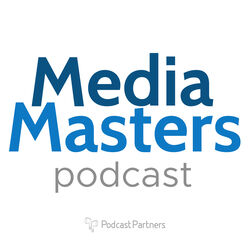
Paying public officials for stories, naming sex offence suspects, The Sun’s political clout
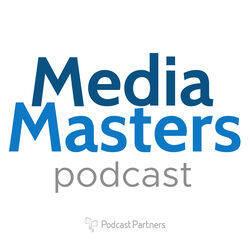
Media Masters - John Myers

Selling BBC Three, Jihadi John, editorial standards at MailOnline
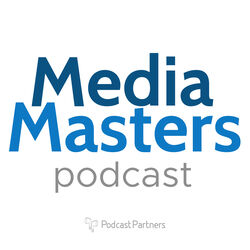
Media Masters - Tim Arthur
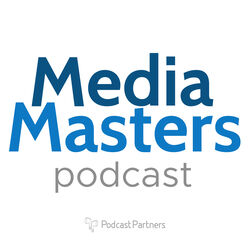
BBC competition with local media, online advertising laws reporting ISIS
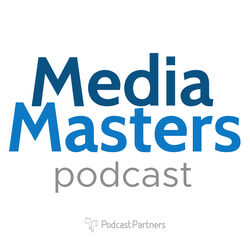
Media Masters - Andria Vidler

New editor at The Economist, Netflix s expansion, Page 3 shenanigans
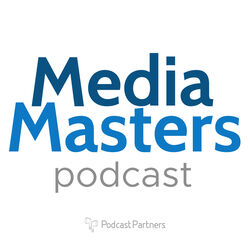
Media Masters - Raymond Snoddy
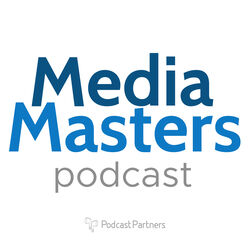
Charlie Hebdo, the PR-journalism power balance, General Election debates
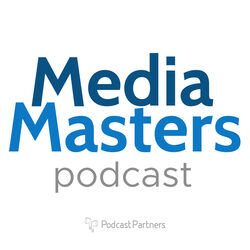
Media Masters - Jim Al-Khalili

Alan Rusbridger, Exaro investigations, the media in 2014
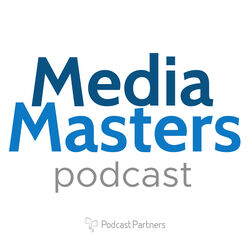
Media Masters - Peter Watt

'The Paedophile Next Door', UK local TV, and Scotland's 'The National'
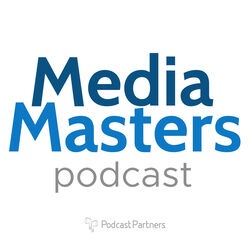
Media Masters - David Cohen

Reporting terrorism, digital advertising, CNN s Russian withdrawal
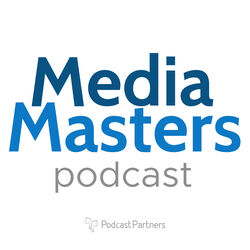
Media Masters - Torin Douglas
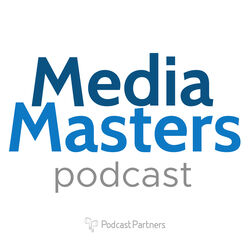
Automated news sites, online streaming, corporate PR papers
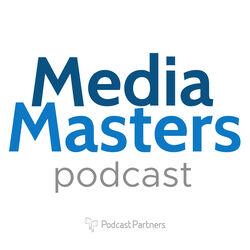
Police and journos, Farage on TV, and is the news bad for us?
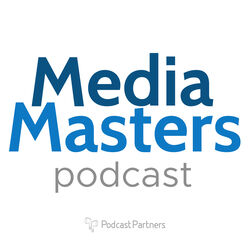
Media Masters - Barry McIIheney

Brooks Newmark, state-educated journalists, and the FM switchover
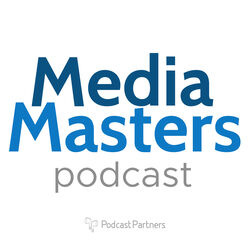
Media Masters - David Puttnam
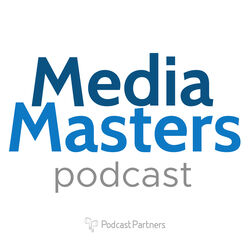
Launch Episode
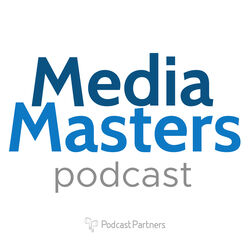
Breaking News, the BBC Trust, Is Print Dead?
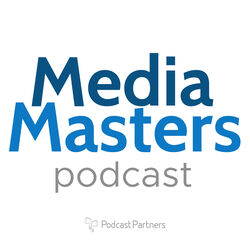
Immigration, the March to Digital, the Lib Dem Blues.

Dacre, SuperBowl, Politics and Top Gear

Social Media, Election Trolling, and Drones
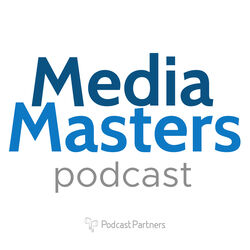
BBC Cuts, Greenwald's Intercept, and Piers Morgan
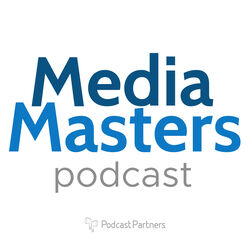
Editorial Freedom, Equality, The Licence Fee
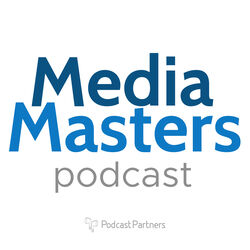
Celeb Deaths, Hate Speech and Curated Content
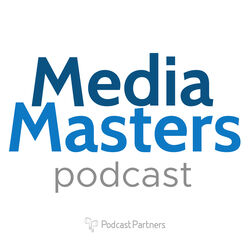
UKIP, Lenny Henry, and London Live
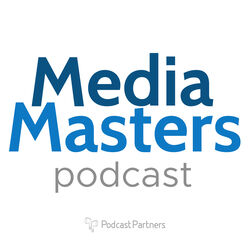
Channel 5, Journos in PR, Courtroom TV
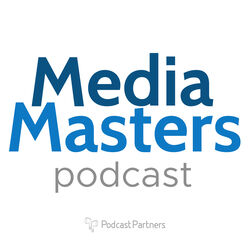
Media Masters - Popbitch's Camilla Wright

New BBC Trust Chair, crowdfunding the news, Kate s bottom

Newsnight's future, data journalism, and town hall Pravdas

The right to be forgotten, TV's stubborn popularity, and the end of lads' mags?

Media Masters - Bob Leaf, former International CEO of Burson-Marsteller

Media Masters - Ben Page, Chief Executive of Ipsos MORI

TV news impartiality, Sky invests in virtual reality, robot journalists
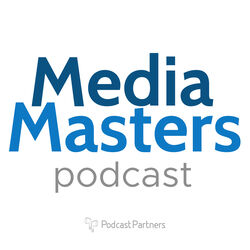
Politically sensitive adverts, Scottish Independence, and interactive TV

Training war correspondents, IPSO, and newspaper barons
pick a page